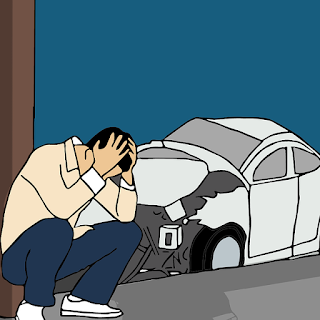Fall is (finally) in the air, the smell of cinnamon lingers
as you walk, and the color pink is in abundance. Welcome to October, otherwise
known as National Breast Cancer Awareness Month.
Breast Cancer
Awareness Month
National Breast Cancer Awareness Month is an annual campaign
to increase awareness and raise funds for a disease that will affect 1 in 8
women over the course of their lifetime. Until there is a cure, early detection
practices are key to surviving this diagnosis.
How Can You Be
Proactive?
Mammograms and breast self-examinations are key early
detection practices. They allow for more treatment options, as well as a better
chance of survival. It is recommended that women over the age of 45 have a
mammogram performed once a year. A mammogram can be used to find a lump or
signs of cancer even before they are felt by you or your doctor. While a
mammogram is recommended for women over 45, breast cancer knows no prejudice. Monthly
breast self-examinations can help all
women stay mindful of their bodies and monitor any changes that may develop.
Stages of Breast
Cancer:
·
Stage 0:
This stage is non-invasive and abnormal cells have been found in the tissue. Since
this is extremely early detection, it is a highly treatable stage of breast
cancer.
·
Stage I:
Cancer is evident; however, it is contained only to the area in which it
originated. Individuals in this stage can be effectively treated.
·
Stage II-
The cancer is growing and either still contained in the breast tissue, or it
has only moved to the nearby lymph nodes. Those in this stage typically respond
well to treatment even though the treatment is more aggressive.
·
Stage III-
This stage is said to be advanced. The cancer has spread beyond the immediate
region of the breast tissue and is now in nearby lymph nodes and muscles. It
has not yet spread to distant organs, but treatment must be aggressive at this
stage.
·
Stage IV-
The cancer has spread to other areas of the body and is considered incurable.
However, due to advances in technology, women with stage IV breast cancer are
living longer by treating the disease as a chronic condition.
Early detection is of the utmost
importance in fighting the battle against breast cancer. Be knowledgeable, be
proactive and be aware. As your local Allstate agent, one of the most rewarding
aspects of my job is helping customers through their times of need. I am here for you and all of your personal
insurance requests.


